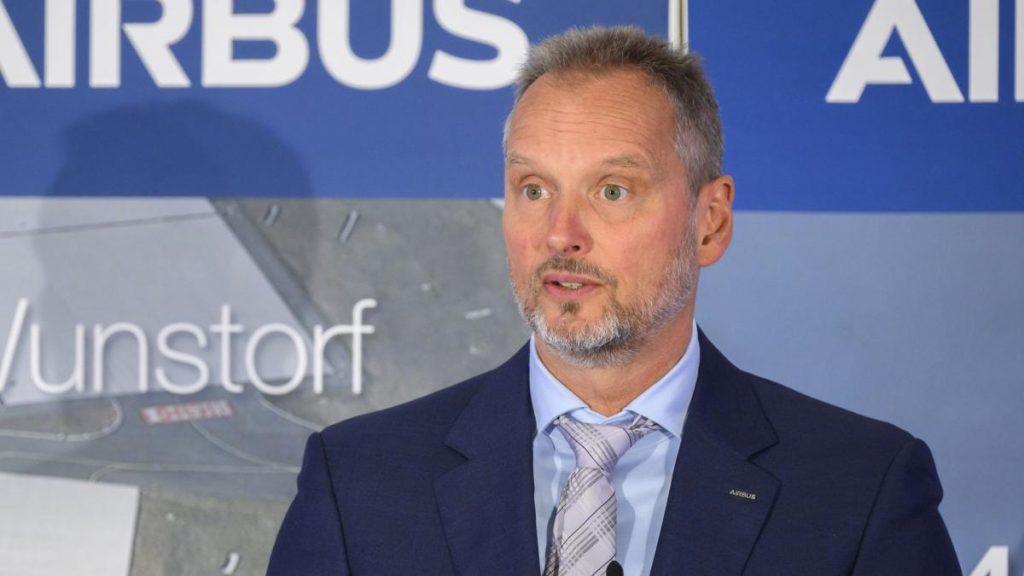Michael Schöllhorn, the CEO of Airbus Defence and Space, has contradicted Chancellor Olaf Scholz’s argument that the delivery of Taurus cruise missiles to Ukraine would require the involvement of German soldiers. Schöllhorn stated that technological solutions could be found to allow the Taurus to be used in Ukraine without German participation if there was a willingness for delivery. However, he also expressed understanding for Scholz’s refusal. Scholz has staunchly opposed providing Taurus missiles to Ukraine out of fear that Germany could be pulled into the conflict if the missiles were deployed, emphasizing that German soldiers should not be associated with the system’s goals.
Schöllhorn has urged the German government to quickly order an additional 50 Eurofighter jets, stressing the need for a commitment before the upcoming federal election to prevent loss of suppliers who are already looking for alternatives in civil aviation due to lack of orders. He highlighted the importance of providing planning security through orders or long-term procurement guarantees for the defense industry’s readiness, which Minister of Defense Pistorius has also emphasized. Additionally, Schöllhorn criticized the government for failing to take adequate action in response to the changing times, stating that while there have been good symbolic gestures, implementation has been lacking, and more needs to be done to prioritize defense and increase defense spending and production in Europe.
The debate over the Taurus missile delivery to Ukraine reflects the broader discussion on Germany’s defense priorities and capabilities. Schöllhorn’s comments underscore the challenges faced by the defense industry in securing orders and maintaining production capabilities, particularly in light of geopolitical tensions and the need for rapid responses. The issue also highlights the complexity of balancing political considerations with defense requirements, as seen in Scholz’s concerns about potential entanglement in conflicts and the implications for German military involvement.
The call for increased defense spending and production within Europe reflects a larger trend towards enhancing military capabilities and reducing reliance on external suppliers. Schöllhorn’s emphasis on the need for a comprehensive defense strategy and sustainable investment in defense reinforces the importance of addressing security challenges and maintaining readiness. The debate over the Taurus missile delivery serves as a reminder of the evolving security landscape and the necessity for proactive measures to strengthen defense capabilities and protect national interests.
In conclusion, the differing perspectives on the Taurus missile delivery highlight the complexities of defense policy and the challenges faced in balancing political considerations with defense priorities. The debate, as outlined by Schöllhorn and Scholz, underscores the need for a comprehensive defense strategy, sustainable investment in defense capabilities, and a careful evaluation of the implications of military interventions. As Germany navigates these discussions, it will be crucial to prioritize national security interests, strengthen defense capabilities, and adapt to changing geopolitical realities to ensure its role in promoting stability and security in Europe.















